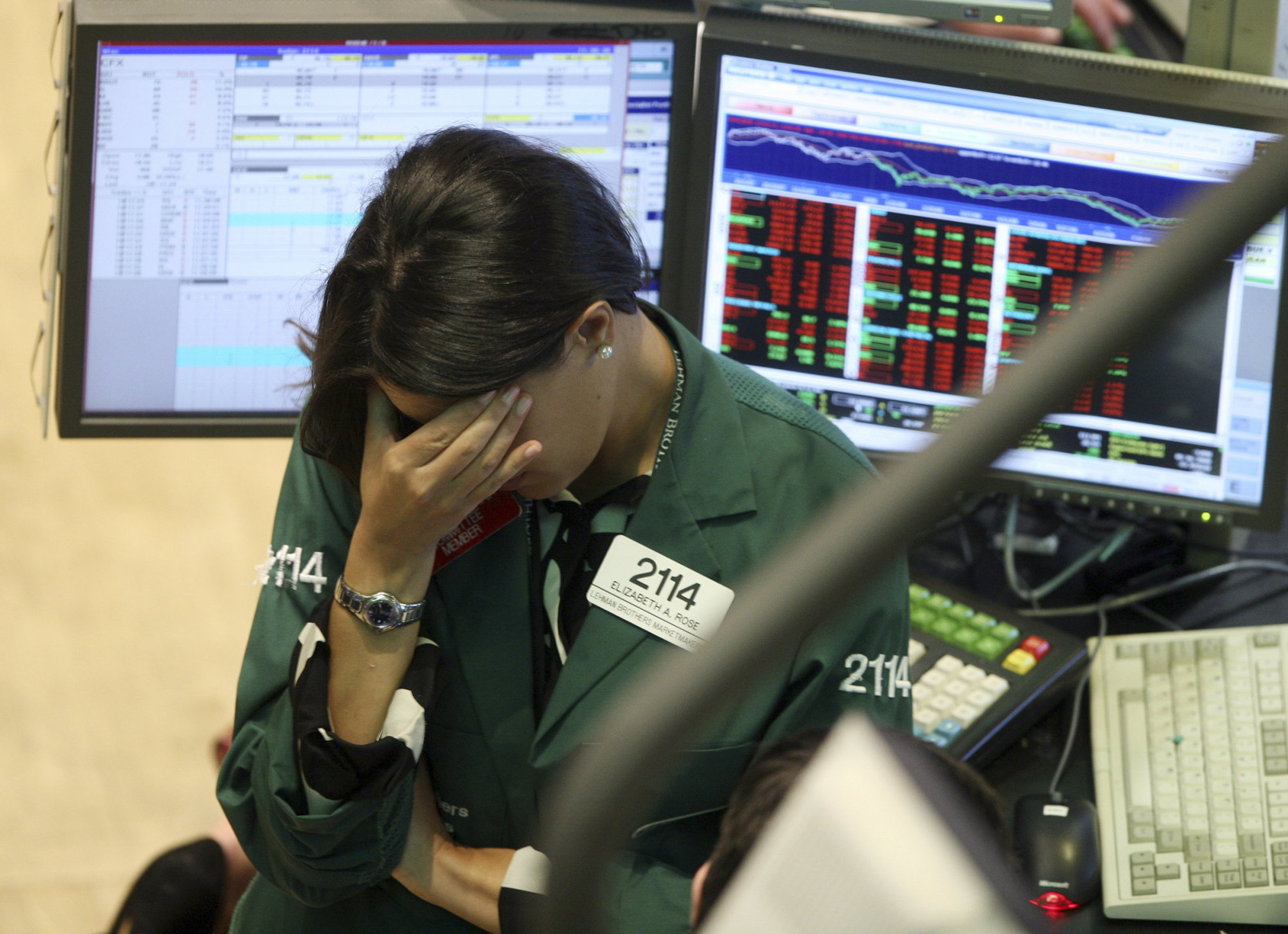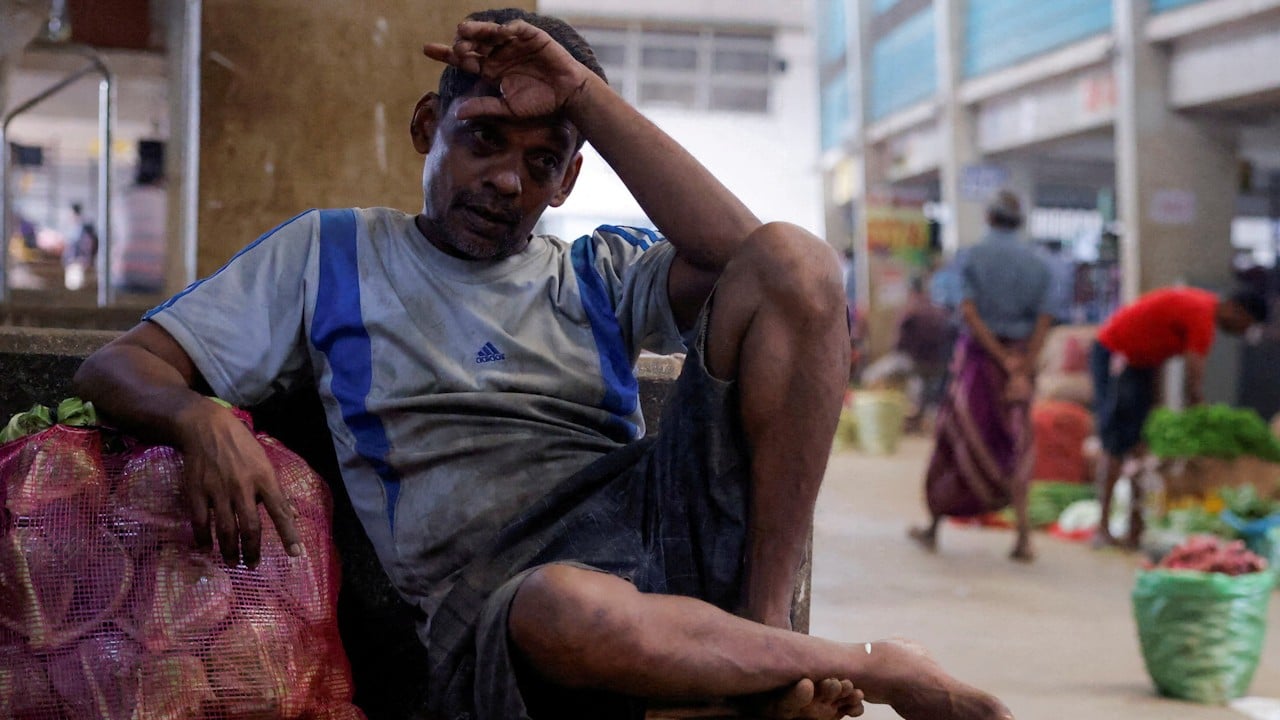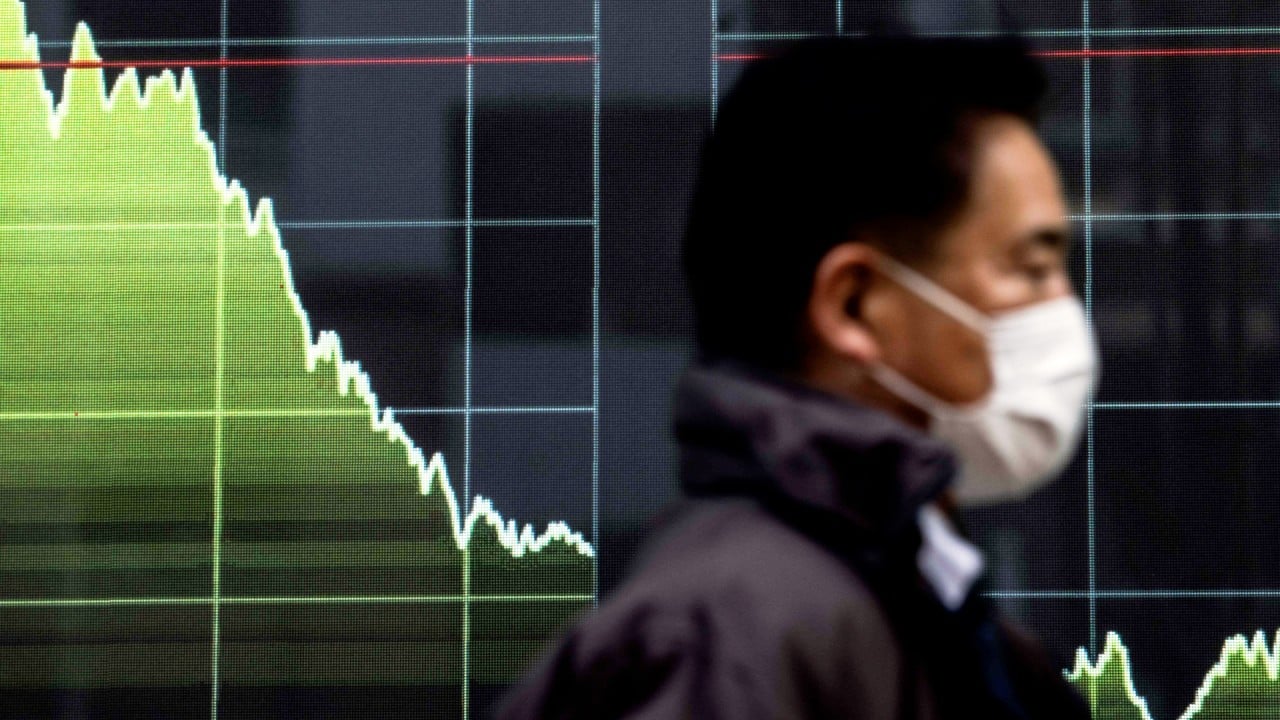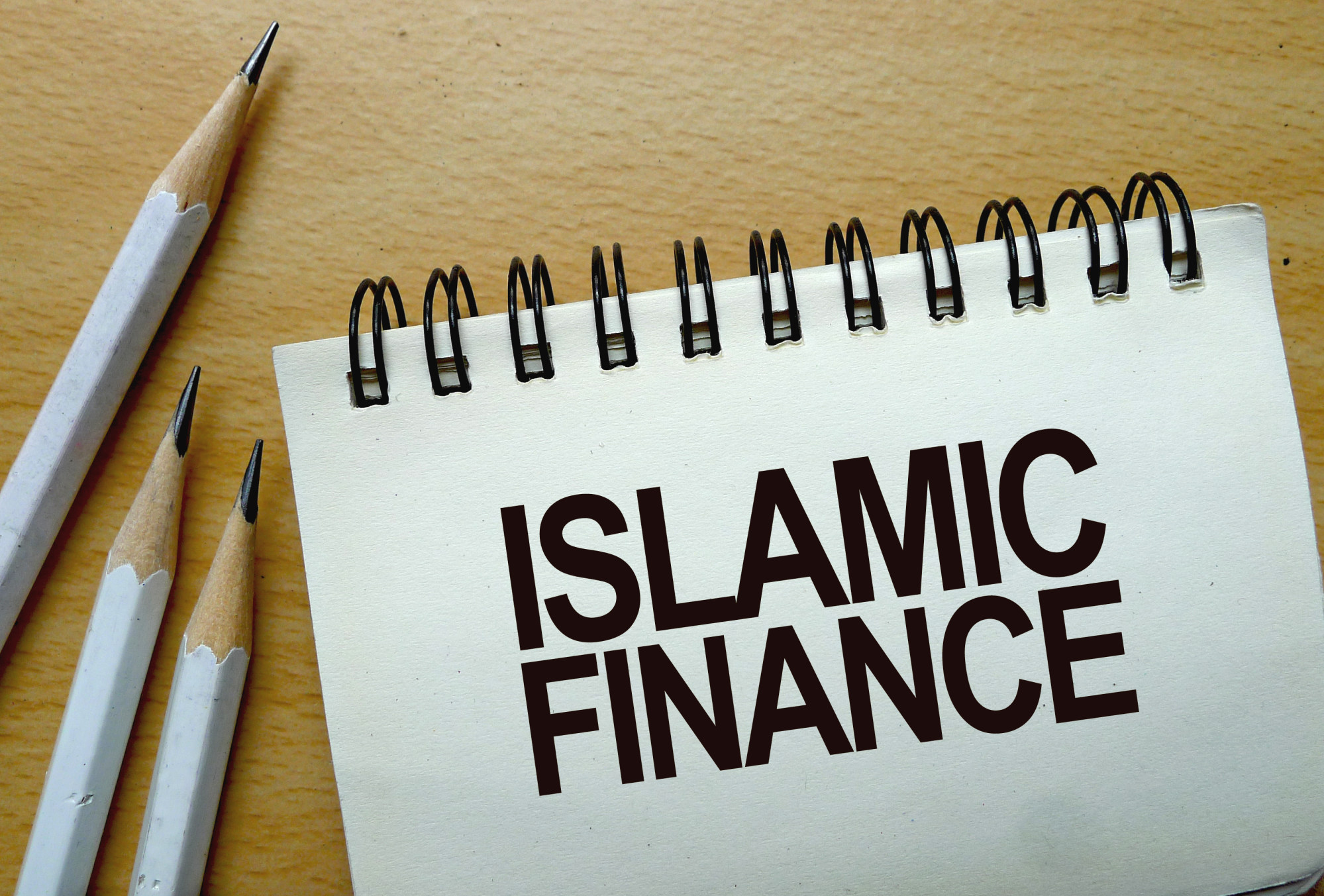As emerging and developing economies navigate a turbulent world of intense geopolitical rivalry and worsening climate warming, the question of a new development model is top of the growth agenda.
The current narrative is how these economies choose between an insecure rich West and the rising Brics (Brazil, Russia, India, China, South Africa) grouping of countries seeking an alternative order.
The Global South is not convinced by the Biden administration’s story of democracy vs autocracy, and of the need to support a rules-based order. They see instead a global retreat in democratically led countries and a West preaching a selective “do as I say, not as I do”. The free-market order is in serious retreat amid a hail of tariffs and sanctions, with industrial policy and state intervention rising by the day.
The issue is less about capitalism vs socialism, because some capitalist countries are turning fascist, whereas climate change policies cut across ideologies. All countries face two serious imbalances – social injustices in the widening income and wealth gap, as well as planetary injustice as natural capital is being plundered amid pollution, biodiversity loss and the ruthless extraction of minerals.
Attending the Global Islamic Economy and Finance Forum in Kuala Lumpur this week, it struck me that the theme illustrated a policy dilemma over whether to promote the real economy over finance or the other way round.
Finance has led the real economy in global growth since the 1980s, when financial liberalisation became synonymous with the neoliberal order. Allowing open capital accounts, promoting free financial markets and competition seemed to lead to efficient capital flows that help economic development.

The Covid-19 pandemic and economic lockdowns were “medicated” at the economic level with greater monetary creation and loose fiscal policy but, since 2008, global growth has slowed because financialisation increased debt at the expense of real-sector productivity, inviting short-term speculation over long-term investments and structural, but painful, reforms.
Reaching for easy ways out ended up with “small yards and high fences” – effectively protectionism and containment instead of multilateral cooperation.
The dilemma of finance vs the real sector is reflected in a country’s balance sheet, where national assets (real) are essentially funded by liability (monetary or financial structure).
Finance does matter, because if the real sector is fully funded by debt, especially foreign debt, and the country has no foreign exchange for repayments, a crisis ensues, like in the Latin American economies in the 1980s and East Asian economies in the 1990s.

02:14
Sri Lanka secures long-awaited US$2.9 billion IMF bailout after China-backed debt-restructuring plan
Sri Lanka secures long-awaited US$2.9 billion IMF bailout after China-backed debt-restructuring plan
The debt crisis of 2008/2009 showed that while Europe was rich and prosperous, when the deficit countries of Ireland, Greece and Italy could not pay their debt, they had to “mutualise” debt across Europe.
The free-market model has allowed debt to balloon since the 1980s. The ratio of the world’s financial assets to its gross domestic product has risen to over 400 per cent with the massive growth in debt, whereas equity has remained at around 100 per cent of GDP.
This is where the US stock market model is superior to the heavily bank-led Chinese, European and Japanese models. The US corporate sector prefers to make high bets on technology funded by private equity venture capital, using initial public offerings to attract public capital.

07:43
From economic ‘miracle’ to cautionary tale: Japan’s development and recession
From economic ‘miracle’ to cautionary tale: Japan’s development and recession
Both China and the United States have considerable strength in artificial intelligence, but US stock market capitalisation, aided by the Magnificent Seven of Apple, Alphabet, Amazon, Meta, Microsoft, Nvidia and Tesla, increased by over US$10 trillion last year, whereas their Chinese counterparts turned in a largely flat performance. Guess who has a better tech and market narrative, with the ability to attract global talent?
In other words, a country with a stronger real economy story, funded by the right type of risk capital, will outperform competitors with a weak real-economy development model, funded by fragile debt.
The Islamic economy and finance story is illustrative of this dilemma. Roughly a fifth of mankind are followers of Islam, but Islamic countries make up about 9 per cent of global GDP, with Islamic financial assets about 1.5 per cent of the world total. Clearly, there is a considerable way to go in developing Islamic economies.
Islamic finance is equity-based or risk-sharing, with ethical or sharia considerations. The Muslim faith abhors usury and encourages the rich to perform zakat or charity.

In that sense, the logic of Islamic finance promotes self-restraint. Debt finance operates on risk transfer – the lender protects its interests through collateral or third-party guarantees, while the borrower bears all the risks of failure.
In a world of ever more volatile and unpredictable geopolitical and climate warming risks, funding development through equity and ethical values is a demonstration of sustainable ESG (environmental, social and corporate governance) goals.
Under the free-market model with one dominant hegemon, free market policies make sense because the hegemon maintains stability and benefits from everyone following its rules. But in a world of contending powers and higher risks and uncertainty, a real-sector strategy with prudent, low-geared equity-based funding that tackles both social and environmental injustices seems the right way to go.
In the end, though, playing with finance is like rearranging deckchairs on the Titanic. Turning the ship away from existential disaster is where we should be putting all our collective efforts.
Andrew Sheng is a former central banker who writes on global issues from an Asian perspective

